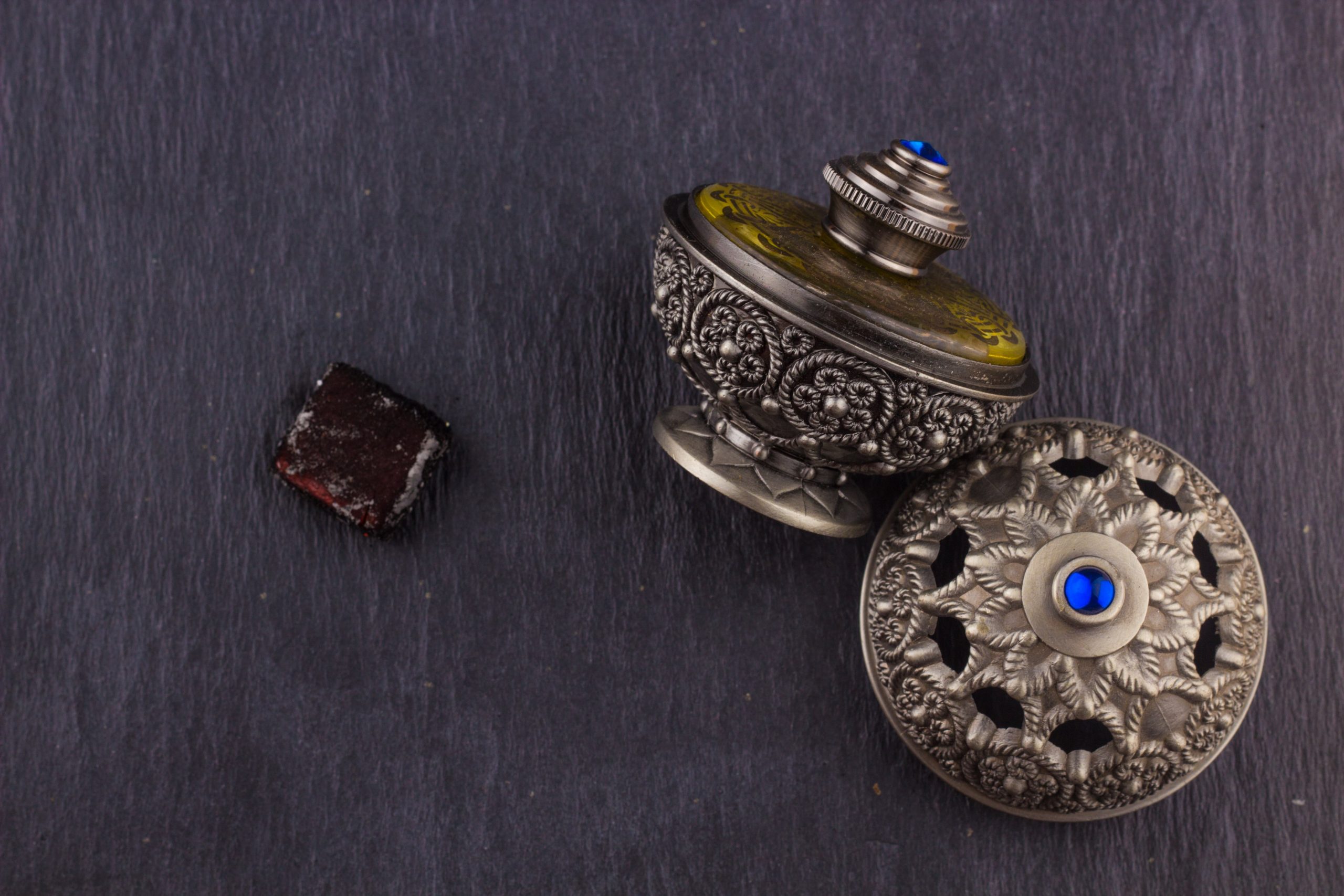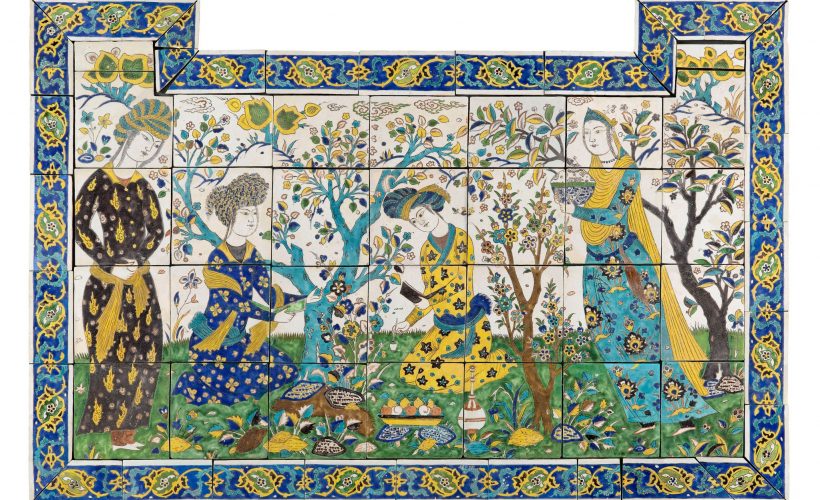History & Heritage
6.24.2020
The oud, typical scent of the Gulf

There are smells that are immediately associated with a place… Like the smell of oud wood emanating from the alleys of Dubai or Jeddah. Worn as perfume or burnt as incense, oud wood appeals to the wealthy consumers of the Gulf. For yes, this wood is rare, and therefore precious! So where does it come from? And what are its characteristics? Annick Le Guérer, anthropologist, philosopher, historian of smell, scent and perfume enlightens us.
A classic of Arab perfumery since the 9th century, the oud has been used for medicinal, spiritual and aesthetic purposes. It is also mentioned in ancient and sacred texts, such as the Bible or the Indian Veda. And if its wake propels us to the heart of the Middle East, it is born further east, in Asia.
Between perfumes and traditions
Also called “agarwood” or “aloe wood”, oud comes from tropical trees of the Aquilaria genus. These trees grow in the forests of Southeast Asia, particularly in Laos. “When fungi grow on these trees and contaminate the wood, a resin with a peculiar smell is produced,” explains specialist Annick Le Guérer. This is distilled until a thick oil is obtained, known as oud. A raw material that is exported a lot to the Middle East, and particularly to the Gulf. It is found in body care products and in certain perfumes. But oud also comes in the form of chips for burning. In this version, it is frequently used in the composition of bakhur. A traditional incense where the wood shavings are impregnated with essential oils of jasmine or sandalwood.
An ancestral ingredient, oud has been used in the Middle East for centuries “to fumigate clothes and homes, but also to deodorize rooms,” notes Annick Le Guérer.
A peculiar scent…
The notes that emanate from the oud are singular and not always unanimous. While Orientals are fond of them, Westerners are more reticent. “The oud gives off a very powerful and animal smell, it is a wild scent that needs to be tamed,” says the anthropologist. Nevertheless, these woody, intense and dark scents also bewitch Western perfumery. Confidential creations or niche perfumes, perfumers soften the oud with rose or play on a woody and spicy accord. “Oud blends very well with spices such as saffron, cinnamon or cardamom,” explains Annick Le Guérer.
…which has a cost!
But would these agreements be a mirage? The oud being a very expensive raw material, even out of price, many Luxury Houses make oud without oud! Precious wood giving way to synthetic notes. The oud is currently the most expensive product in perfumery,” says the historian of scent, smell and perfume. It is a rare wood that is beginning to be decimated. Plantations of oud trees are not enough to meet the demand,” she adds. Therefore, count about 1000 € per 100 ml for a perfume containing natural oud. And if you are passing through Dubai, head for the Souk aux parfums de Deira where you can discover the oud in all its forms!
Thanks to Annick Le Guérer, Anthropologist, philosopher, historian of the sense of smell, odor and perfume, author of the book “Le parfum Des origines à nos jours” published by Odile Jacob.
popular

